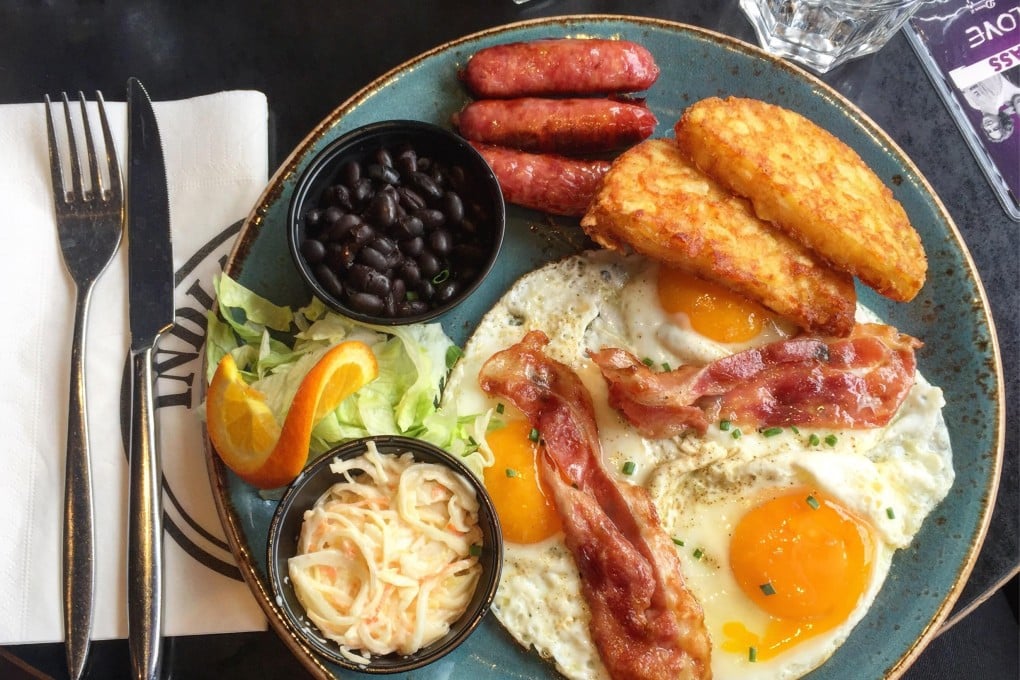Reflections | Brunch in the evening? In Chinese and English, words have changed meaning over time
- Social media and an online generation have sped up the process by which definitions evolve and neologisms emerge
- Examples show how it has long been the case, with words expanding beyond their original significance

It seems that “brunch”, a portmanteau of “breakfast” and “lunch”, no longer refers only to a late-morning meal. Meals that start at 1pm, or later, are sometimes called brunch instead of lunch these days. A well-known restaurant in Central frequented by the well-heeled even offers a “night brunch”. I am not quite sure what brunch means any more. Does it refer to the type of food served? Can brunch only occur on Sundays or public holidays, allowing one to be suitably languorous? Must it always involve alcohol?
The word has broadened beyond its original definition to encompass a wider meaning. Whether you embrace that expanded connotation or roll your eyes at it is up to you, the fact is that words change meaning all the time. Many words in the English language had radically different meanings in the past. For example, “awful” was once used to describe something that was “worthy of awe”, like the universe or God. When I was a child, which was not very long ago, “gay” still meant “happy”.
The Chinese language also contains many words whose meanings have changed. Take the word “xisheng” (犠牲), for instance. While in the past, it referred to the livestock killed as sacrificial offerings to deities, it now means “to sacrifice”, the word having changed both in form – from a noun to a verb – and in definition.
Words also underwent expansion and contraction in their meanings. In ancient times, the words “he” (河) and “jiang” (江) referred exclusively to the Yellow and Yangtze rivers, respectively. Over time, the meanings of the two words expanded to mean “rivers” in general. The word “jin” (金) used to refer to all kinds of metals but now, when used on its own, it means “gold”. However, the original meaning is still retained in compound words such as “jinshu” (金属), which means “metals” or “metallic”.
In some cases, the connotations of words also reversed: from positive to negative and vice versa. “Zhaoya” (爪牙), literally “claws and teeth”, originally referred to brave and loyal warriors of the state, but somewhere along the line, it morphed into a negative word denoting a ferocious and armed lackey of a powerful and unjust entity. “Guai” (乖) took the reverse route: its meaning changed from “abnormal” or “opposite of one’s wishes” to a “good” word that describes a child as “obedient”.

